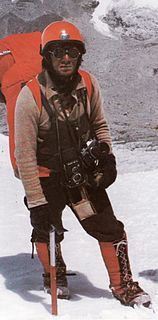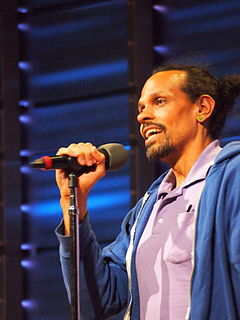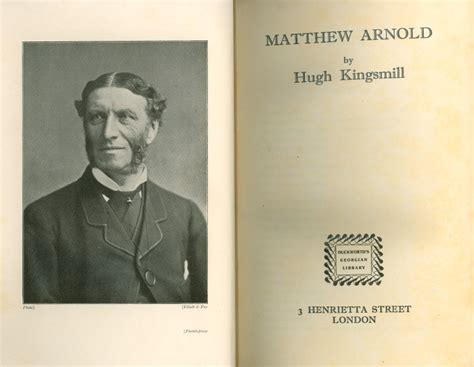A Quote by Richard Rohr
If you stay in the mainstream of life, you let in the suffering of the world that invariably enters all of our lives by the time we're in our middle years, when we've experienced a few deaths and read a few headlines.
Quote Topics
Related Quotes
If you stay in the mainstream of life, in other words, you let in the suffering of the world that invariably enters all of our lives by the time we're in our middle years, when we've experienced a few deaths and read a few headlines. Famine, poverty, abuse, you can't keep that all blocked out. If you let those things teach you, influence you, change you, those are the events that transition you without you even knowing it to become more compassionate. In other words, you hold onto your values, but you do it much more inclusively, humbly and in an open ended way. Suffering takes you there.
There are moments in our lives, there are moments in a day, when we seem to see beyond the usual- become clairvoyant. We reach then into reality. Such are the moments of our greatest happiness. Such are the moments of our greatest wisdom. It is in the nature of all people to have these experiences; but in our time and under the conditions of our lives, it is only a rare few who are able to continue in the experience and find expression for it.
Most of the avoidable suffering in life springs from our attempts to escape the unavoidable suffering inherent in the fragmentary nature of our present existence. We expect immortal satisfactions from mortal conditions, and lasting and perfect happiness in the midst of universal change. To encourage this expectation, to persuade mankind that the ideal is realizable in this world, after a few preliminary changes in external conditions, is the distinguishing mark of all charlatans, whether in thought or action.
I have had a few rough patches in my life, but these last few years have been among the roughest. A few years ago, I left my job as host of the television show Extra. Our parting of ways was completely amicable; they were amazing to me. I had spent over a quarter of my life at that job, and without it, I felt like I had lost my compass. People didn't know how to introduce me anymore, because in L.A., you are your job.
As a survival-happy species, our successes are calculated in the number of years we have extended our lives, with the reduction of suffering being only incidental to this aim. To stay alive under almost any circumstances is a sickness with us. Nothing could be more unhealthy than to “watch one’s health” as a means of stalling death. The lengths we will go as procrastinators of that last gasp only demonstrate a morbid dread of that event. By contrast, our fear of suffering is deficient.
Regular maps have few surprises: their contour lines reveal where the Andes are, and are reasonably clear. More precious, though, are the unpublished maps we make ourselves, of our city, our place, our daily world, our life; those maps of our private world we use every day; here I was happy, in that place I left my coat behind after a party, that is where I met my love; I cried there once, I was heartsore; but felt better round the corner..., things of that sort, our personal memories, that make the private tapestry of our lives.
Ask any parent what we want for our children, and invariably we say 'a better life.' To that end, we give our time, our sleep, our money, and our dreams, much as our parents did before us. We all want a better life for our children. But what we want for them ceases to matter if we leave them an unlivable world.
As parents, we can have no joy, knowing that this government is not sufficiently lasting to ensure any thing which we may bequeath to posterity: And by a plain method of argument, as we are running the next generation into debt, we ought to do the work of it, otherwise we use them meanly and pitifully. In order to discover the line of our duty rightly, we should take our children in our hand, and fix our station a few years farther into life; that eminence will present a prospect, which a few present fears and prejudices conceal from our sight.





































